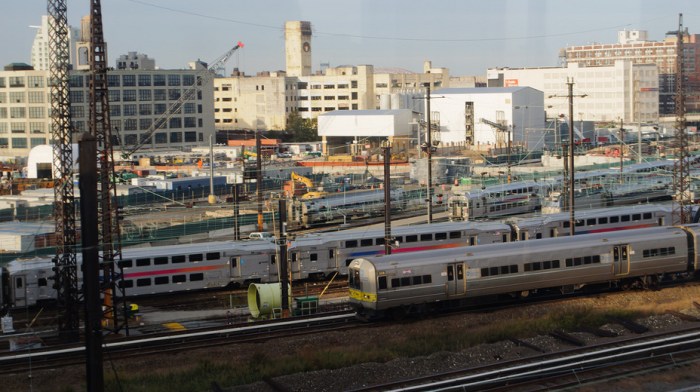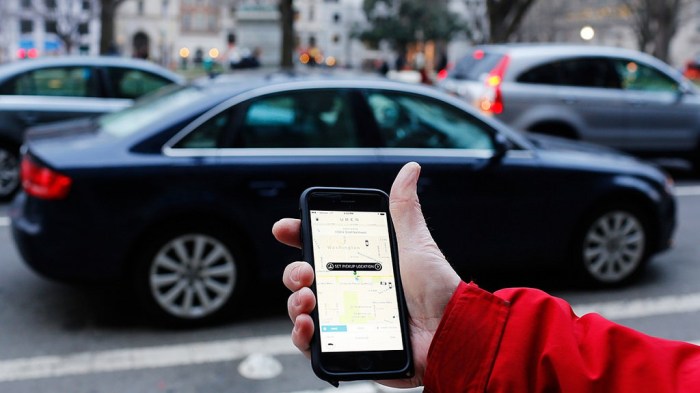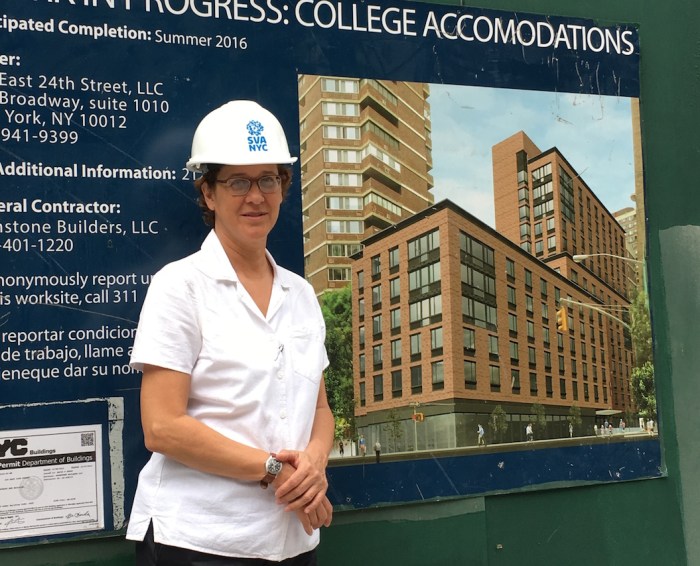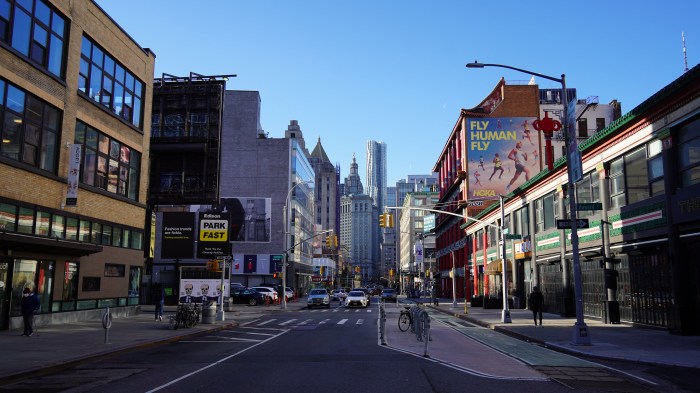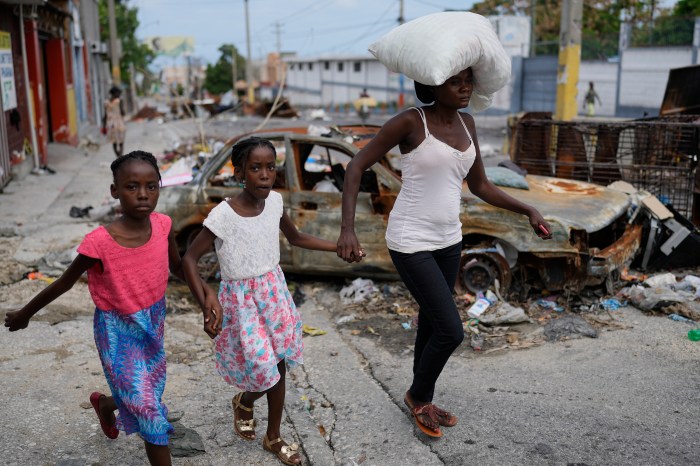Washington Heights is changing. New businesses are sprouting from Dominican roots that are catering to a diversified clientele — and introducing new objectives to entrepreneurs for surviving in New York City. The largely Dominican district has, for better or for worse, resisted gentrification for decades and relied on its traditions in foods, hair salons, and sidewalk merchants that cater to the culture. Yet a few savvy businessmen with roots in the neighborhood are hoping to evolve the area, while also fighting the threats gentrification poses to a community’s identity. The block on 177 Street between Broadway and Fort Washington Avenue is a microcosm for the phenomenon. In the last year, unique businesses such as Kazza, an intimate and modish café by day and wine bar by night, and Pocion, a vegan restaurant and bar, opened their doors to a new era of commerce. Francis Pereira-Billini, who opened Pocion in June, told Metro that he realizes the imperative of moving the community’s approach forward, particularly because the renovated George Washington Bridge bus plaza and mall slated to open in 2017 will guarantee an influx of foot traffic. “If we don’t evolve with the times, someone is going to come in and steal bread out of our mouths. We have to evolve to maintain our identity,” Pereira-Billini said.
His restaurant is a bold departure from tradition, with its menu of organic foods and cocktails described to have healthful ingredients.
“We are not a vegan vegetarian people,” Pereira-Bellini said. “We are catering to more health-conscious customers, because it is the reality.”
His concern is that the level of hospitality, goods and services in the neighborhood are not to the standards of New York City.
“Young Latin people go to college and then come back to change the neighborhood,” he said, adding that he got his BA from Boston University. “They are demanding good food, good service, good drinks. It shouldn’t be that we have to leave to get quality. Why do we have to go downtown to have a properly made Old Fashioned?” Led Black, a Domincan-American, Washington Heights blogger and longtime resident, said he knows his people have held on to an immigrant outlook, in which people dreamed of opening their own barber shops and bodegas. But there has been a paradigm shift as the sons and daughters carry on a contemporary entrepreneurial spirit. “A lot of what is happening is internal,” he told Metro. “It’s indigenous people from the neighborhood who grew up here, not outsiders taking over.”
The Associated Supermarket on 187 Street was on the brink of being replaced by a Walgreens in February 2015 until the community and legislators rallied to keep it open. But it had to evolve in order to sustain. With a new loan, they expanded the space and increased their inventory of fresh organic foods and deli items in order to meet new demand. The most obvious change is the explosion of restaurants in last six years, especially along Dyckman in Inwood. Corcho Wine Room, owned by Benji Polanco, was something of an anchor for the hundred-plus bars and restaurants that followed, Black said. At the far west end of what the district refers to as the Dyckman corridor, is the unnervingly popular riverside restaurant-bar-hookah-dance venue La Marina. It’s owned by the “serial entrepreneur and visionary” Fernando Mateo, who’s been involved in a lot of the businesses of the area, Black said. The proliferation of bars on Dyckman Street is not everyone’s ideal business-development scenario, said Maurice Michaane, who is chair of the business development committee on Community Board 12 but spoke from his own opinion and not on behalf of the board. “It’s a bedroom community, residential, but it’s become a liquor destination, and it’s not a good balance between business and families. There’s noise, there’s crime, the 34 [police precinct] said it is overwhelmed with the amount of resources they need to put out there and also watch the rest of the community. The quality of life is declining for the families as more and more bars open until 3, 4, 6 a.m. are coming in.” Michaane, who recently moved out of the Inwood/Washington Heights area, said that many from the community board have been pushing for a moratorium on liquor licenses. The intention is to encourage more diverse businesses to come in, he said. He argued that City Concilman Ydannis Rodriguez is showing double-loyalty, saying that he is devoted to quality of life for the families, and yet “sat there dozens of times to make sure the entrenched business owners get their liquor licenses. How is the community seeing the fruits of this?” Councilman Rodriguez responded that he sets strict guidelines for incoming alcohol-serving establisments.
A spokesperson said Councilman Rodriguez makes “…any small businessseeking a liquor license, sign a stipulation including strict hours of operation and measures to keep noise low, to maintainquality of life in Inwood. He has responded to the concerns of residents near Dyckman, all of which are reflected in these stipulations.” On the other side of the coin are the entrenched businesses, which believe they have the right to stay, and are fighting for things like commercial rent-control. But the other establishments to satisfy high-end tastes, such as the upcoming Wahi Oyster Bar at 4488 Broadway, and the hipster spot Café Buunni on 187th Street, signal to the entrenched that their “baño de pueblo”, an expression meaning to live comfortably in a small-town of certain customs, is changing.
Washington Heights entrepreneurs strive for new heights in the face of gentrification
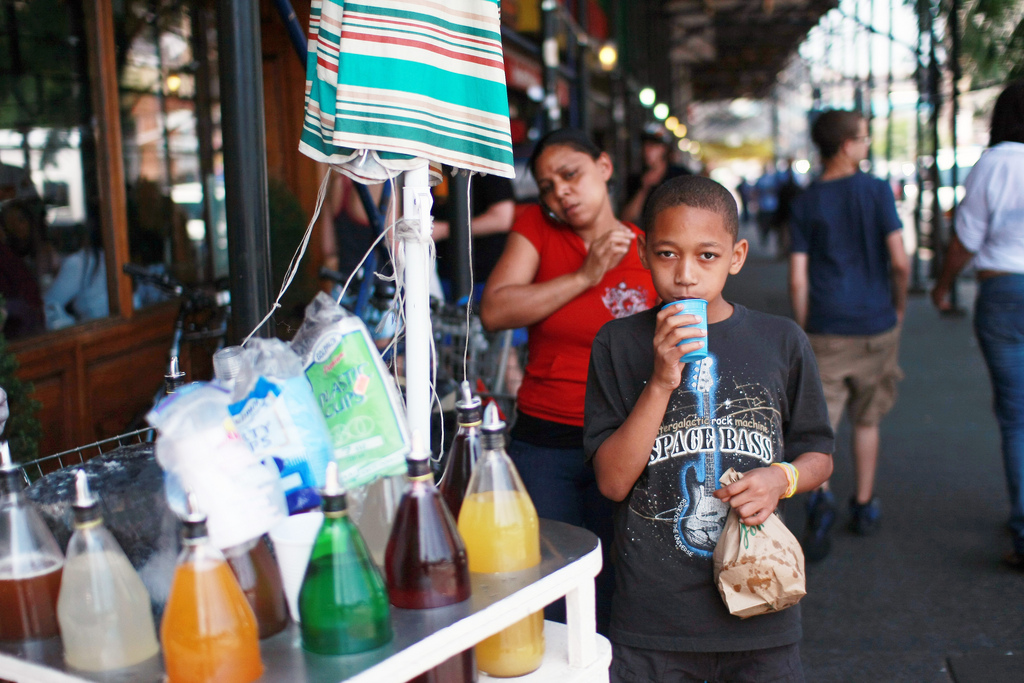
Andra Mihali/Creative Commons











